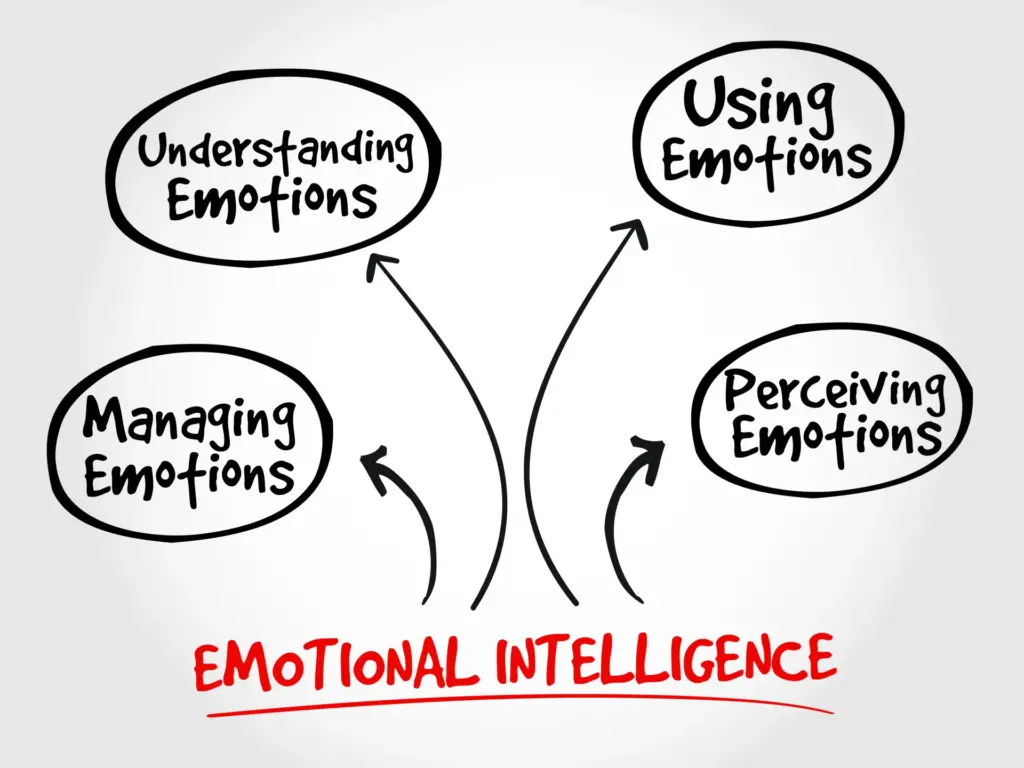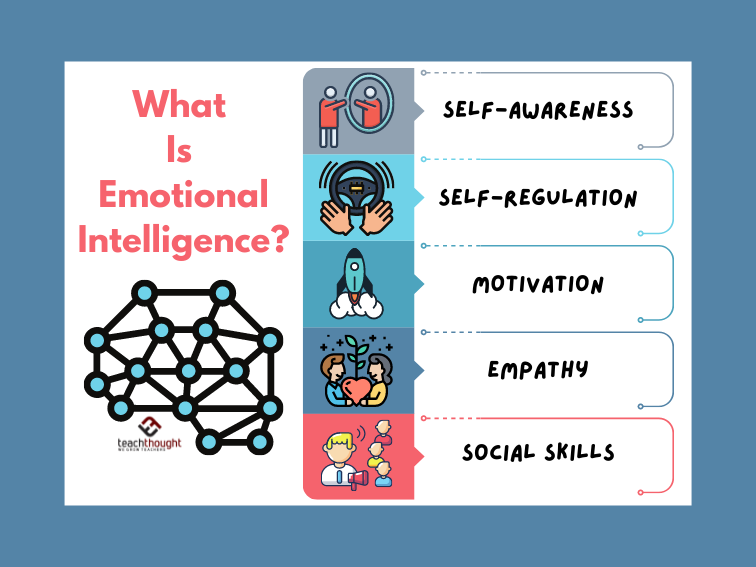- Home
- About Us
- Delhi Nursery Admissions
Delhi Nursery Admissions
Quality School
EXPLORE KNOWLEDGE
- Contact Us
- Blog
- Delhi Nursery School Admissions 2026: Hansraj Model School, Punjabi Bagh – EWS Seats & Complete Details
- Nursery School Admission 2026 – Complete Details
- Sibling & Alumni Points: How Much Do They Really Matter?
- Nursery Admission in Delhi – Important Dates for 2026
- Nursery Admission Under EWS & DG Category Explained
- The Srijan, Model Town — Nursery Admission 2026-27
- Vasant Valley School — Nursery Admission 2026-27: Where Young Minds Begin Their Journey
- Veda Vyasa DAV Public School — Nursery Admission 2026-27: Begin a Journey of Growth and Learning
- Venkateshwar Global School, Rohini — Nursery Admission 2026-27: Start Their Learning Adventure
- The Sovereign School, Rohini — Nursery Admission 2026-27: A Bright Start to Early Learning
- The Shri Ram School, Vasant Vihar — Nursery Admission 2026–27
- The Heritage School, Vasant Kunj — Nursery Admission 2026-27
- Tagore International School, Vasant Vihar — Nursery Admission 2026–27 (Pre-School)
- Nursery (Balvatika-1) Admission 2026-27 Summary — St. Francis de Sales School, Janakpuri
- St. Thomas’ School – Nursery Admission 2026: Complete Guide for Parents
- St. Mark’s Senior Secondary School, Meera Bagh – Admission 2026: Complete Guide for Parents
- Springdales School, Pusa Road – Nursery Admission 2026: Complete Guide for Parents
- Springdales School, Dhaula Kuan – Nursery Admission 2026: Complete Guide for Parents
- Shaheed Rajpal DAV Public School – Nursery Admission 2026: Complete Guide for Parents
- Mount St. Mary’s School, Delhi Cantt – Nursery Admission 2026: Complete Guide for Parents
- N.K. Bagrodia Public School, Rohini – Nursery Admission 2026: Complete Guide for Parents
- New Era Public School, Mayapuri – Nursery Admission 2026: Complete Guide for Parents
- Nirmal Bhartia School, Dwarka – Nursery Admission 2026: Complete Guide for Parents
- Rukmini Devi Public School, Pitampura Nursery Admission 2026: Complete Guide for Parents
- Modern School – Admission 2026: Complete Guide for Parents
- Modern School, Vasant Vihar – Admission 2026: Complete Guide for Parents
- Montfort School – Nursery Admission 2026: Complete Guide for Parents
- Mother’s International School – Admission 2026: Complete Guide for Parents
- Mount Carmel School, Dwarka – Nursery Admission 2026: Complete Guide for Parents
- Lovely Public School Admission 2026: Complete guide for Parents
- Maharaja Agrasen Public School, Ashok Vihar – Admission 2026: Complete Guide for Parents
- Mata Jai Kaur Public School, Ashok Vihar – Admission 2026: Complete Guide for Parents
- Maxfort School, Dwarka – Admission 2026: Complete Guide for Parents
- Mira Model School, Janakpuri – Nursery Admission 2026: Complete Guide for Parents
- K.R. Mangalam World School Nursery Admission 2026: A Complete Guide for Parents
- Kulachi Hansraj Model School Nursery Admission 2026 : Complete guide for parents
- Lancer’s Convent Nursery Admission 2026: Complete Guide for Parents
- Laxman Public School Nursery Admission 2026: Complete Guide for Parents
- Loreto Convent School, Parade Road- Nursery Admission 2026 : Complete details for parents
- Gyan Bharati School, Saket – Nursery Admission 2026: Complete Guide for Parents
- Hans Raj Model School, Punjabi Bagh – Nursery Admission 2026: Complete Guide for Parents
- ITL Public School, Dwarka – Nursery Admission 2026: Complete Details for Parents
- Jaspal Kaur Public School, Shalimar Bagh – Nursery Admission 2026: Complete Guide for Parents
- DPS Rohini Nursery Admission 2026: Complete Details for Parents
- DPS Vasant Kunj Nursery Admission 2026: Complete Details for Parents
- GD Goenka Public School, Rohini – Nursery Admission 2026: Complete Details for Parents
- Gitarattan Jindal Public School, Rohini – Nursery Admission 2026: Complete Details for Parents
- Guru Nanak Public School – Nursery Admission 2026: Complete Details for Parents
- Don Bosco School – Complete Overview & Admission Details for 2026
- DPS R.K. Puram Nursery Admission 2026: Complete Guide for Parents
- DPS East of Kailash Nursery Admission 2026: Complete Details for Parents
- DPS Dwarka Nursery Admission 2026 – Complete Details for Parents
- Delhi Public School, Mathura Road – Complete Overview & Admission Details for 2026
- Darbari Lal DAV Model School, Pitampura – Nursery Admission 2026: Complete Details for Parents
- Convent of Jesus and Mary, Delhi – Nursery Admission 2026: Complete Guide for Parents
- Cambridge School, Srinivaspuri – Nursery Admission 2026: Complete Details for Parents
- Bluebells School International, Kailash Colony – Nursery Admission 2026: Complete Guide for Parents
- Birla Vidya Niketan, Pushp Vihar – Nursery Admission 2026: Complete Guidelines for Parents
- Bal Bharati Public School, Pitampura – Nursery Admission 2026: Complete Details for Parents
- Bal Bharati Public School, Rohini – Nursery Admission 2026: Complete Details for Parents
- Bal Bharati Public School, Dwarka – Complete Overview for Parents (2026 Admission Insight)
- ASN Senior Secondary School, Delhi – Complete Overview for Parents (2026 Admission Insight)
- Apeejay School, Sheikh Sarai Nursery Admission 2026 – Eligibility, Points System, Process & Fee Details
- Apeejay School, Pitampura Nursery Admission 2026 – Age Criteria, Process, Documents & Fee Details
- Amity International School, Saket — Nursery Admission 2026: What You Should Know
- Nursery Admission Myths Parents Should Stop Believing
- Documents Required for Delhi Nursery Admission 2026 – Complete Parent Guide
- Maharaja Agrasen Model School, Pitampura – Nursery Admission 2026: Complete Guide for Parents
- Darbari Lal DAV Model School, ND Block, Pitampura — Admissions 2026
- Rukmini Devi Bal Vatika, Pitampura — Admission Details for 2026
- Gurukul Pre-School, Pitampura — Admission Details (2026)
- Makoons Play School, Pitampura – Admission Details for 2026-27 Session
- Modern Early Years – Deepali Campus, Pitampura Nursery Admission 2026: Eligibility, Point System & Process
- EuroKids Preschool – Pitampura Lok Vihar Admission 2026
- Nursery School, Panchsheel Park — Nursery Admission 2026
- Pathways Early Years, Greater Kailash II – Nursery Admission 2026: Apply Now for a Holistic Start to Learning
- Delhi Government Sets Uniform Age of 6+ Years for Class 1 Admission from 2026-27 Session
- How to Calculate Nursery Admission Points for Delhi Schools (2026 Session)
- Healthy Planet Early Years, Noida – Admissions 2026
- Encouraging Sharing and Teamwork During Play
- Why the First Five Years Are Crucial for Brain Development
- How Play-Based Learning Shapes a Child’s Mind
- Importance of Discipline in Early Years
- Benefits of Storytelling in Nursery Education
- How Art and Craft Activities Build Fine Motor Skills
- How to Prepare Your Child for Nursery School
- Nutrition Tips for Toddlers Starting School
- How to Choose the Right School for Your Child in Delhi
- Delhi Nursery Admission 2025-26: Step-by-Step Guide for Parents
- Why Early Childhood Education is Crucial for Your Child’s Growth
- Delhi Nursery Admission 2025-26: FAQs, Documents, and Age Criteria
- 📚 Time Management Tips for Students ⏰
- 5 Smart Saving Tips for Students!
- The Foundation of True Leadership
- Creative Hobbies: A Path to Self-Expression and Stress Relief
- The Power of a Good Book: Unlocking New Worlds Through Reading
- How to Manage Stress Effectively: Simple Steps That Work
- The Power of Focus and Determination
- The Secret to Achieving Big Goals: Think Small, Stay Focused, Celebrate Often
- Keep Your Eyes on the Prize: The Power of Staying Focused
- The Power of Waking Up Early: Start Your Day with Purpose
- The Power of Self-Esteem and Self-Compassion: Keys to a Healthy Mind
- Master Your Emotions, Master Your Life
- Master Your Time, Master Your Life
- Set Your Sights and Take Purposeful Action
- The Power of Effective Goal Setting: Clarity, Commitment, and Action
- It’s Never Too Late to Start Fresh
- The Journey to Achieving Life Goals: Vision, Patience, and Persistence
- 🎯 Goals Don’t Work Unless You Do: The Power of Action and Consistency
- Dream Big, But Plan Smart: The Key to Achieving Your Goals
- Fuel Your Body, Feed Your Life: The Power of a Balanced Diet
- The Key to a Happier Life: It Starts From Within
- Overcoming Anxiety: Small Habits, Big Calm
- Make Homework a Creative Challenge, Not a Chore
- Conquer Exam Anxiety: Stay Calm, Stay Focused
- How to Make Homework Fun and Engaging for Kids
- Embrace Your New Journey: Tips for Success
- Essential Documents Required for School Admission
- The Importance of Effective Parent-Teacher Communication for Student Success
- Age Criteria for Nursery Admission: What Parents Need to Know
- Tips for Making the Transition to Nursery School Easy for Your Child
- How to Develop Good Social Skills in Preschoolers
- Why Play-Based Learning is Crucial for Preschoolers
- Fun Learning Activities to Prepare Your Child for Nursery
- Importance of Early Childhood Education
- Grievance Redressal: What to Do If Your Child Doesn’t Get Admission?
- Age Criteria for Nursery Admission: What Parents Need to Know
- Best Nursery Schools Near You in Delhi
- CBSE Cracks Down on Dummy Schools: Students Not Attending Regular School Can’t Sit for Class 12 Exams
- Age Criteria for Nursery Admission: What Parents Need to Know
- RTE Act & Its Impact on Nursery Admissions
- Documents Required for Nursery Admission & How to Arrange ThemIntroduction
- Delhi Nursery Admission 2025: Detailed Schedule, Age Criteria, and Important Guidelines for Parents and Schools
- Delhi Nursery Admission: What Has Changed Over the YearsIntroduction
- Interview Questions for Parents & Children: How to Ace Them
- How to Prepare Your Child for Nursery School Admissions
- How to Improve Your Child’s Chances of Getting Admission in a Top School
- Common Mistakes Parents Make During the Admission Process
- Comparing Fees of Delhi’s Top Nursery Schools
- CBSE vs IB vs Montessori: Which Curriculum is Best for Your Child
- How to Choose the Right Nursery School for Your Child
- Nursery Admission
- Advantages of Non-Attending School
- Delhi Nursery Admission 2025-26: Key Information on Age, Application Process, and Documents
- Digital Divide in Education – Ensuring Equal Access to Online Learning Resources for All Students
- “Management Quota Seats for Nursery Admissions in Delhi: Allegations of Donation Demands Surface”
- Vasant Valley School Vasant Kunj Delhi , Admission open for Classes 9 and 11
- Delhi Nursery Admission 2025-2026: Important Dates


